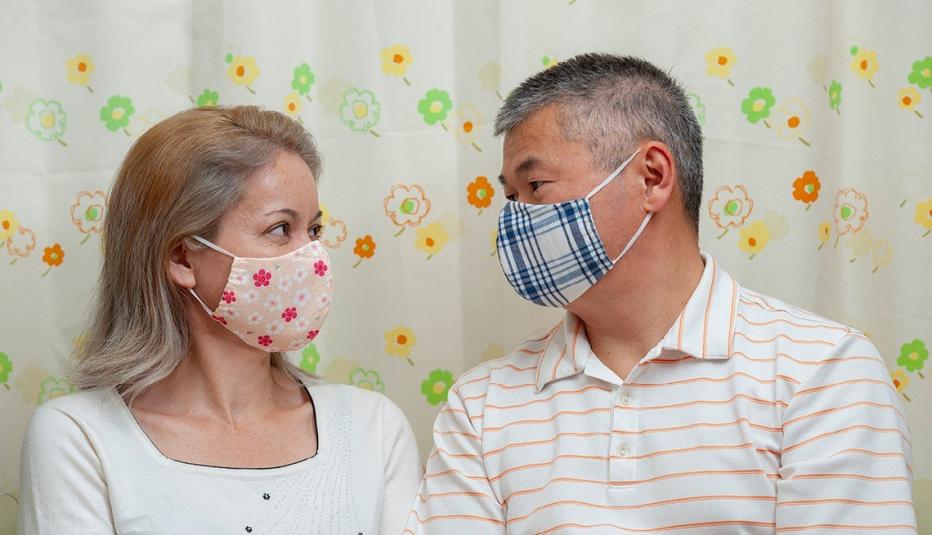AARP Hearing Center
The good news is that attitudes among the 50-plus related to vaccines are positive. According to a recent AARP survey, most older adults say in general, vaccines are safe, they get a flu shot every year, and they have gotten or plan to get the COVID-19 vaccine.


However, men and women ages 50 and older have differing attitudes and actions related to vaccines. For example, women ages 50 and older are significantly more likely than their male counterparts to say vaccines are not safe.
Looking at specific vaccinations, while men and women ages 50-plus are equally likely to say they do not get a flu shot, of those who do not get flu shots, men are more likely to say they don’t because they are healthy and believe they do not need a shot.
When it comes to protecting themselves from COVID-19, while men and women are equally likely to say they will get (or have gotten) the vaccine, there are differences as it relates to mask-wearing.
Overwhelmingly, those ages 50-plus say they wear their masks when visiting stores and businesses—men and women do not differ on this aspect.
However, men are significantly more likely than women to say they do not wear a mask when speaking with people outside their household. These findings are consistent with recent research from YouGov which found among all adults ages 18-plus, men are significantly more likely than women to say they do not wear a mask when outside.
These findings suggest that differing beliefs and actions between men and women may require different approaches and more nuanced pro-health communications (e.g., mask-wearing, getting vaccines) when talking to midlife and older adults about ways to protect their health.
Methodology
The 2021 AARP Views on Vaccines Survey was conducted online January 29–31, 2021 with a total sample of 1,099 adults ages 50-plus. This national survey was conducted using NORC at the University of Chicago’s AmeriSpeak 50+ Omnibus probability-based sample. All data are weighted by age, gender, and race according to the most recent Census population statistics.
For more information, contact Teresa Ann Keenan, tkeenan@aarp.org; Cheryl Lampkin, clampkin@aarp.org; or Gerard Rainville, grainville@aarp.org. For media inquiries, contact media@aarp.org.



































































